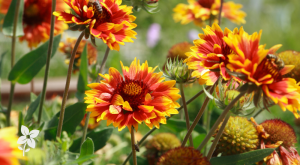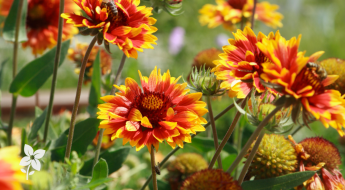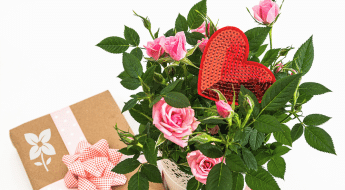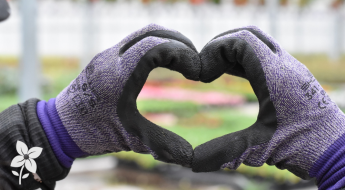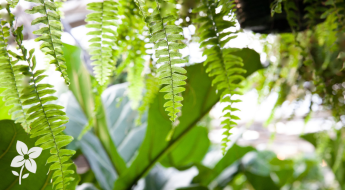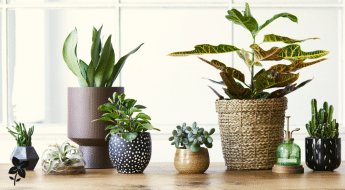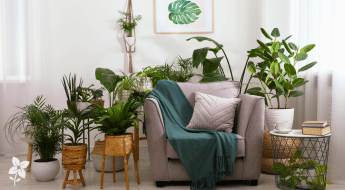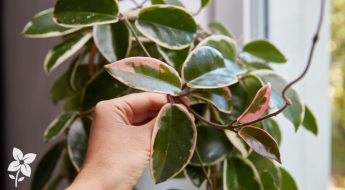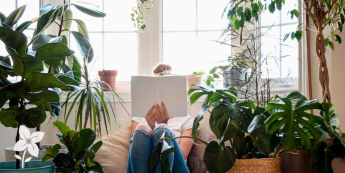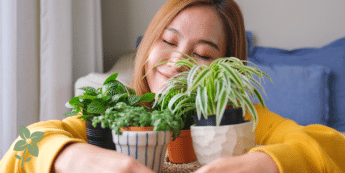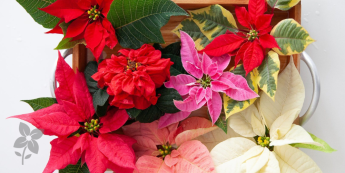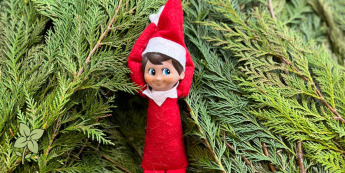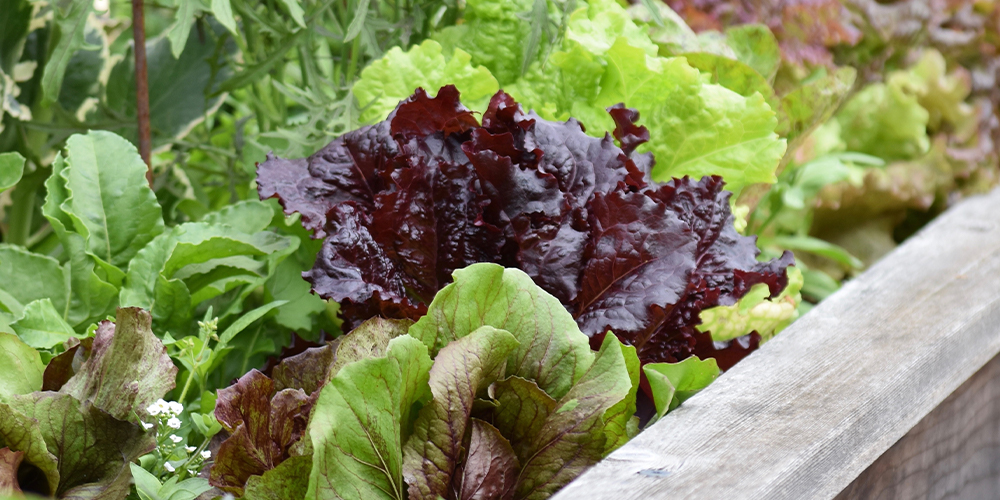
Are you unsure of whether you should provide shade for your vegetable garden, or other heat-controlling methods during these scorching summer months? While many plants thrive in bright sunlight, sometimes it can get a bit too hot out there, and your veggies will end up getting roasted before you’ve even harvested them for cooking!
Taking a few extra steps to manage the heat and maintain comfortable growing conditions for your plants will leave you with healthier, bigger plants, and tastier fruits and veggies to enjoy! Here are some things you can do to be certain your veggie garden isn’t getting scorched in the summer sun.
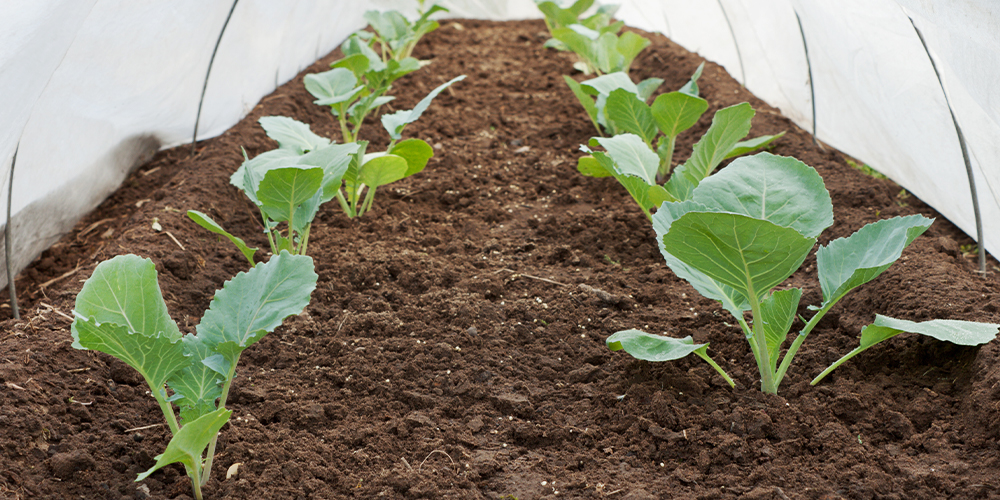
Use Shade Cloth For Plants In Your Vegetable Garden
It might seem counterintuitive to shield your plants from the sun when they need sunlight to survive, but there are so many kinds of shade cloths that have been specially made to give your plants exactly what they need! They help keep things cooler by diffusing the light and reflecting some of that heat””especially when you choose a lighter coloured material. Installing shade cloth will also help to protect your plants from dust build-up, hungry garden pests, or droppings from insects and birds.
Different styles are woven with varying densities, allowing for a fixed amount of sunlight to make it through. This also allows for a reasonable amount of rainfall to get through, so your plants will still receive adequate moisture. For vegetables, we recommend a cloth density of about 30″“50%, whereas the higher densities are better left for shading gazebos or patios, or as a groundcover for blocking weeds. While white cloth is good for really helping to keep your plants cool, vegetable plants have photoreceptors that respond best to shading from green cloth.
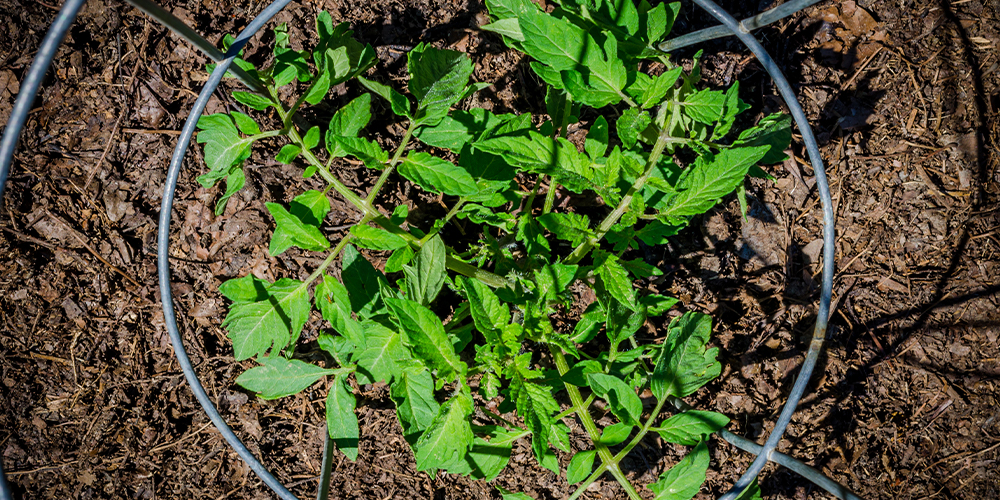
Shade Your Vegetable Garden Soil With Mulch
When the sun beats down on the soil all day, it can get hot really quickly, and moisture will evaporate faster than we’d like. Plus, it creates perfect conditions for stubborn weeds to sprout up and hoard all the soil nutrients. To prevent this from occurring, we can apply a generous layer of natural mulch.
Mulch is usually made from shredded bark, but you can also use materials like straw, grass clippings, pine needles, or a thick layer of compost. On top of keeping the soil cool and helping to conserve moisture, it will naturally break down over time, delivering plenty of extra nutrients into the soil to feed your plants.
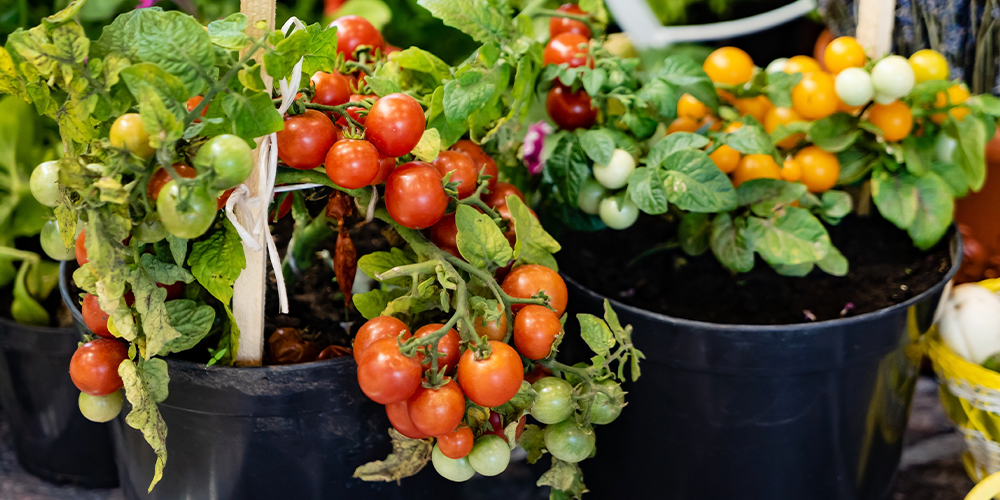
Growing Vegetables As Container Plants
If you’re growing your veggies in containers, you’ll have to pay extra close attention to them throughout the summer. Since your plants are sitting in smaller amounts of soil than they would in a garden bed, they’re gonna get hot and dry up way faster. During peak summer months, you may have to water them every single morning to keep them from getting fried. On the plus side, containers are so versatile and can be moved anywhere you want in the yard, so controlling their conditions is a bit more manageable.
When picking containers, try to avoid black or metal materials, as they heat up much faster. Always make sure you’re using containers with drainage holes because when you’re watering every day, you don’t want that water to get stagnant and funky at the bottom of the pot. You can apply mulch to your potted plants as well, and this will help to stop the moisture from evaporating at lightning speed.
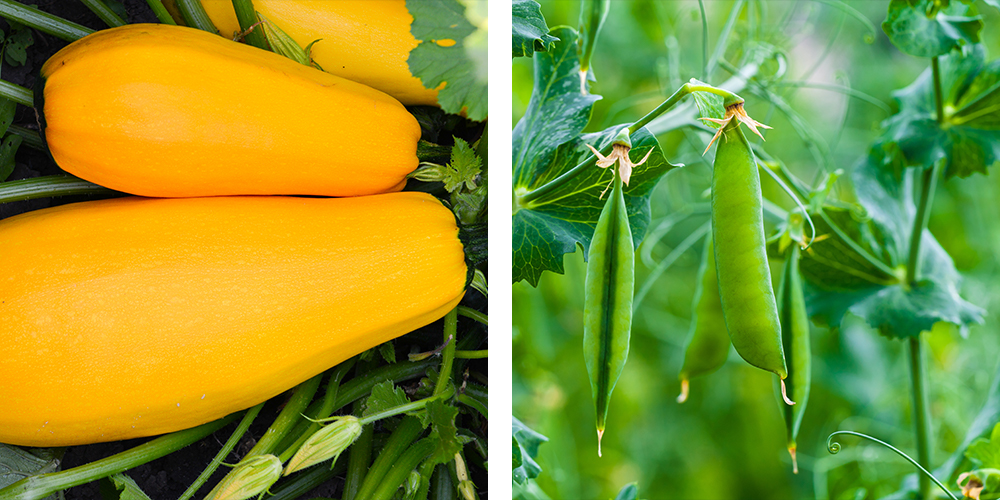
Stick To Heat Resistant Vegetables In The Summer
Certain vegetables and herbs just aren’t made to handle extreme heat and do much better in the milder temperatures of spring or fall. Some are highly susceptible to getting scorched, while others may “bolt,” causing flowering instead of leaf or edible root production. These are the veggies you should avoid planting in midsummer:
- Cruciferous plants like broccoli, cauliflower, cabbage and kale
- Leafy greens like lettuce, spinach and arugula
- Radishes, potatoes, beets, and Brussels sprouts
- Herbs like arugula and fennel
Instead, you’ll have more success if you stick to planting heat-loving vegetables such as:
- Sweet potatoes, squashes and zucchinis
- Bell peppers and hot chilli peppers
- Tomatoes
- Cucumbers
- Eggplants
- Peas and beans

If you need any supplies or extra advice to help protect your summer garden from extreme heat, feel free to swing by the greenhouse, and one of our experts will be happy to help you! We’ve also got our GrowStore up and running, so you can purchase your items online for citywide delivery or curbside pickup. Enjoy your summer, and remember to keep cool and stay hydrated!

